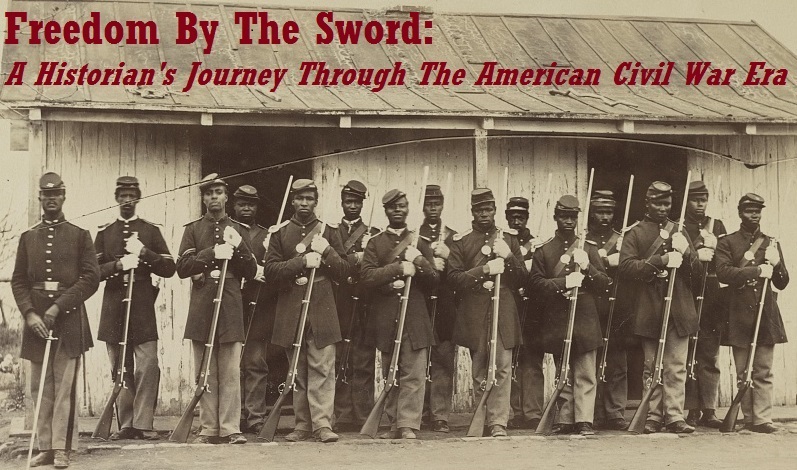Ira Berlin was born in New York City in 1941. He attended New York public schools and the University of Wisconsin, where in 1970 he received a doctorate in history with high honors. He teaches at the University of Maryland, where he served as Dean of Undergraduates and Dean of the College of Arts and Humanities. He presently is Distinguished University Professor in the Department of History. Ira Berlin has served on the Advisory Board of the National Archives, the Humanities Council of Washington, DC, the Council of the Omohundro Institute of Early American History, and the Gilder-Lehrman Institute. He has been a consultant to Ken Burns's "Civil War" documentary, the Smithsonian Institution, National Underground Railroad Freedom Center, and the New York Historical Society. In 2000, President Clinton appointed Ira Berlin to the Advisory Council of the National Endowment for the Humanities. In 2002, he was inaugurated President of the Organization of American Historians. With other members of the Freedmen and Southern Society Project, Ira Berlin is a co-editor of Free At Last: A Documentary History of Slavery, Freedom, and the Civil War (1992) and Families and Freedom (1996), and Remembering Slavery: African-Americans Talk about their Personal Experiences of Slavery and Emancipation. His study of African-American life between 1619 and 1819, Many Thousands Gone: The First Two Centuries of Slavery in Mainland North America, was awarded the Bancroft Prize for the best book in American history by Columbia University; the Frederick Douglass Prize by the Gilder-Lehrman Institute; the Owsley Prize by the Southern Historical Association, and the Rudwick Prize by the Organization of American Historians. Generations of Captivity: A History of Slaves in the United States (2002) has been awarded the Albert Beveridge Prize by the American Historical Association and the Ansfield Wolf Award. In 1999, the Humanities Council of Washington named Ira Berlin Outstanding Public Humanities Scholar of the Year. In 2002, Ira Berlin served as president of the Organization of American Historians and in 2004 he was elected a member of the American Academy of Arts and Sciences.
Dr. Berlin looked at the revolution in African American life during the Civil War, specifically that which happened to African Americans who served in the US Army. He stressed how radical the transformation that took place in the lives of black Americans was and how it was even more remarkable due to how quickly it occurred.
He surveyed the Emancipation Proclamation and the early recruitment of black soldiers. He spoke of how the experience of being a soldier was ambiguous in its affects on African American life. These soldiers went in with the promise of equality from the Lincoln administration, but this promise was quickly broken. They were told they could fight and initially were not allowed to – and when they did, he asserts that they were treated as “cannon fodder.”
Black troops were denied equal pay, which was discussed throughout the black community as a slap in the face. However, Dr. Berlin stated that black soldiers would eventually win over time.
This victory created a sense of optimism and hope in the African American community, especially to the soldiers who returned home with high expectations. These men became leaders in their community and then – sadly – become targets of white rage after the war.
Still, Dr. Berlin says that the black military experience during the Civil War was critical in the discussion of the transformation which occurred when the “world was turned upside down” during the Second American Revolution.
Recommended Reading:
Christian G. Samito. Becoming American Under Fire: Irish Americans, African Americans, and the Politics of Citizenship during the Civil War Era. Ithaca: Cornell University Press, 2009.
Ira Berlin, ed. Freedom: A Documentary History of Emancipation 1861-1867, Series II: The Black Military Experience. New York: Cambridge University Press, 1982.
Joseph T. Glatthaar. Forged in Battle: The Civil War Alliance of Black Soldiers and White Officers. New York: Simon & Schuster, 1990
Edwin S. Redkey. A Grand Army of Black Men: Letters from African-American Soldiers in the Union Army 1861-1865. New York: Cambridge University Press, 1992.

No comments:
Post a Comment